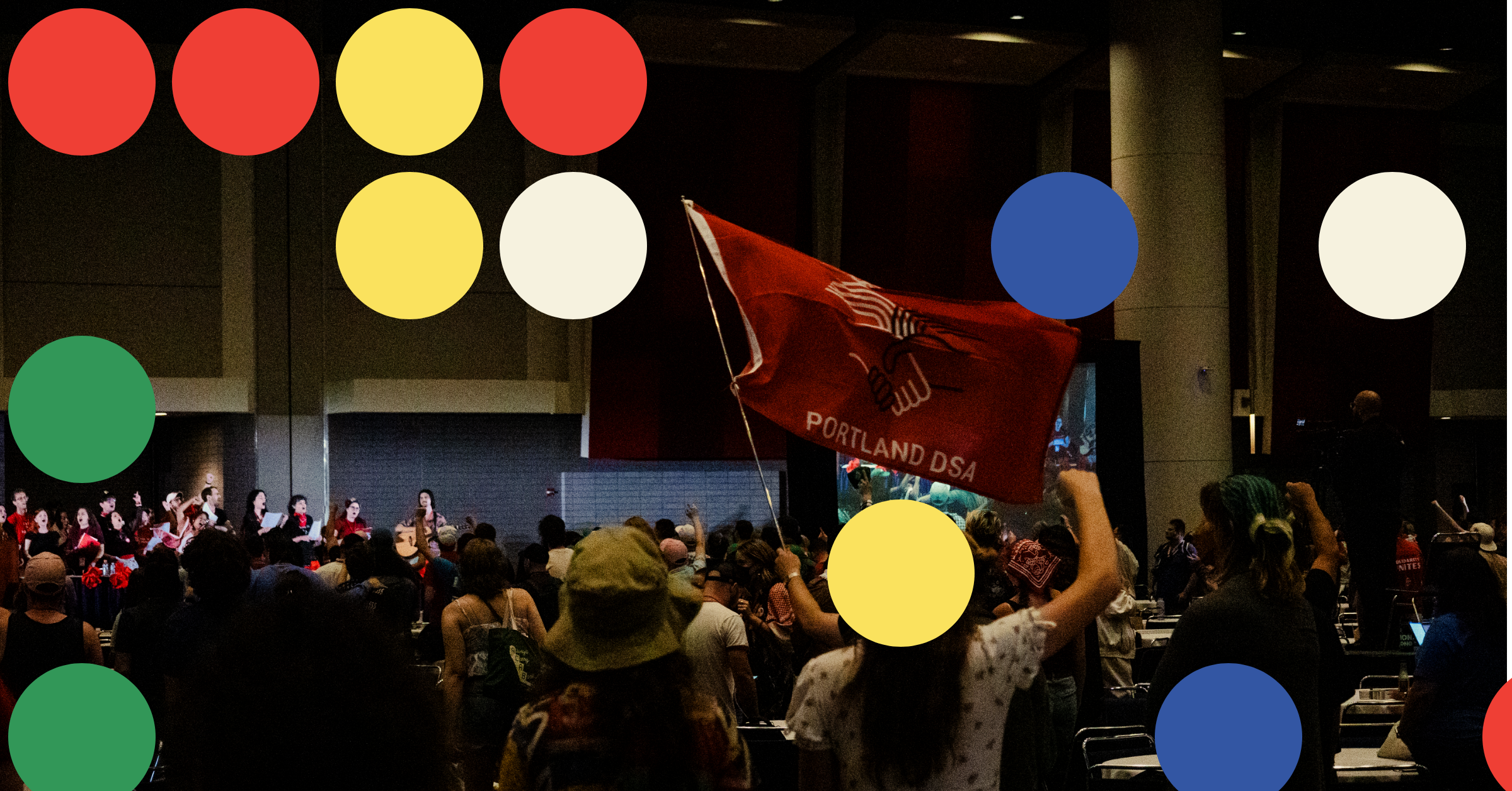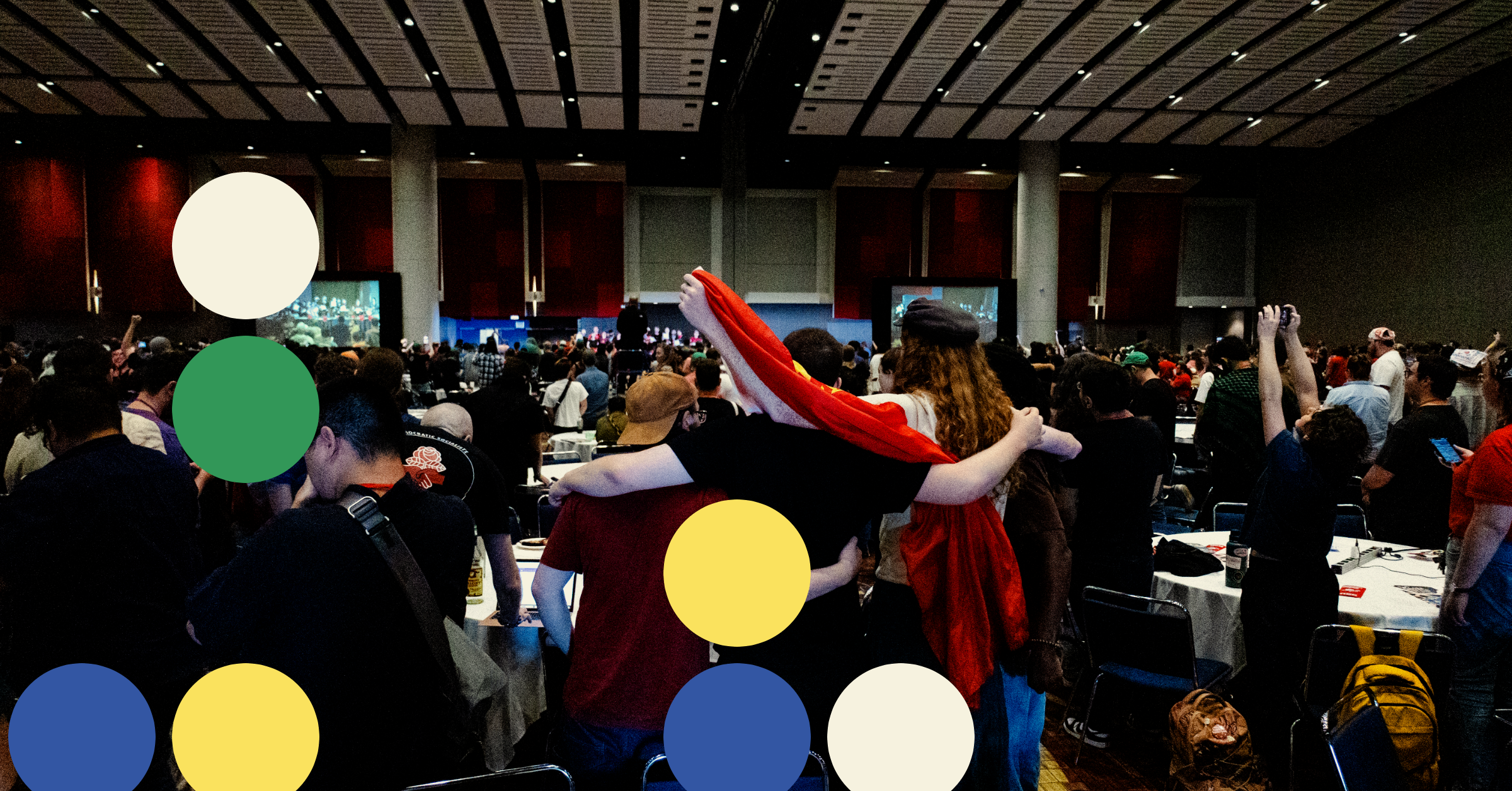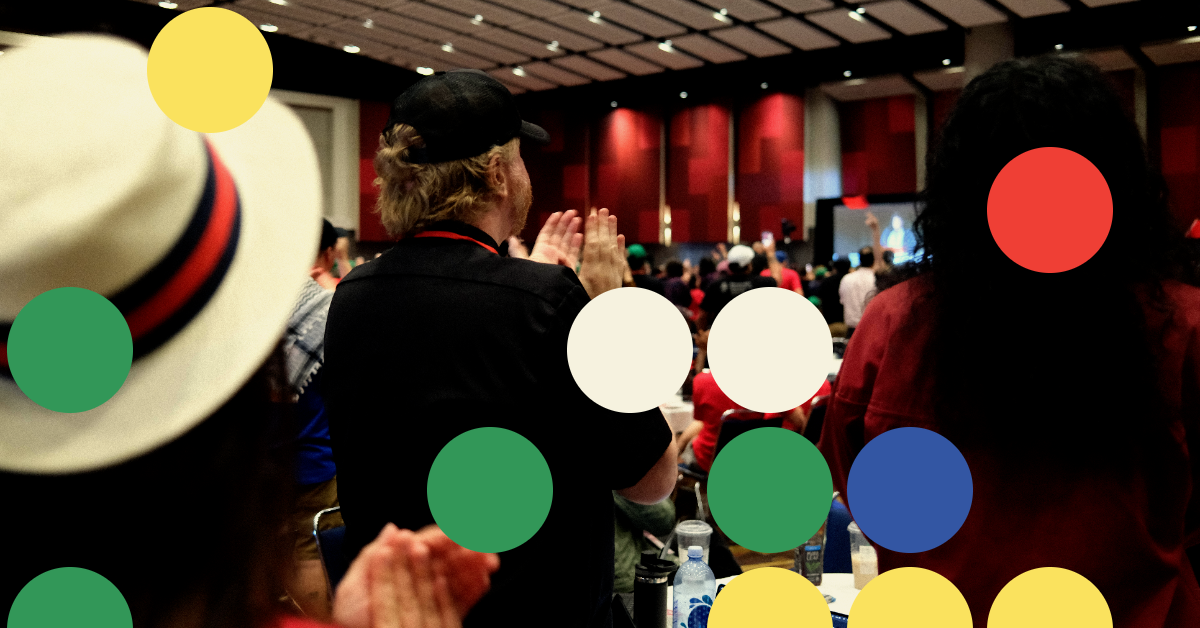As we approach the DSA convention, our budget is a hot topic. Some criticisms lean into self-destructive austerity and reproduce narratives of fiscal restraint that sound suspiciously like neoliberalism. To build a mass organization for democratic socialist politics, convention delegates should reject a politics of austerity.
Austerity is not a path towards growth. Our current left era was born out of the 2008 recession and its prolonged penny-pinching neoliberal recovery. Bernie, Corbyn, Lula, and other left leaders worldwide were able to energize their bases through confronting the complete failures of both right-wing and centrist governments to rebuild frayed social services
In the U.S. the past decade of socialist and social democratic politics has been constructed around two kinds of anti-austerity fights: the public need to spend more on social goods and services and the imperative for unions to abandon the business unionism that has led to decades of accepting concessions and divisions among workers. DSA members have consistently fought for unions to embrace and invest in necessary organizing — new unionization drives, political mobilization of current members, political engagement, and fortifying strike funds to allow members to stay militant. At times, this has included advocating for union deficit spending.
DSA’s budget cannot be viewed the same way as either a union budget or a government budget. We do not have the authority to tax or to compel dues and unlike unions, DSA does not provide direct services of collective bargaining and grievance representation for its membership. Our main tool for supporting our organization is voluntary membership dues. So money will sometimes be tight.
But we should not sit comfortably building an oversized rainy-day fund, as do universities, NGOs, and some cities and towns.
One solution tossed around DSA circles has been increasing dues (or recommending larger contributions), especially on a sliding scale for wealthier members. This may be an important step, but if it is our only strategy, it resigns the organization to internal organizing and accepts the current size of the organization. This path also pushes DSA towards greater reliance on fewer members financially, a step toward a non-profit model of political change and away from mass organizing.
The solution to DSA’s current fiscal fears is growth and active outward organizing. Financial security for the organization should be rooted in our current values and political models rather than viewed as something to be achieved for its own sake.
This approach is beneficial two-fold. As a mass political organization, we cannot sustain ourselves on declining dues revenue, nor can we achieve our long-term goals with stagnant membership. It is clear that DSA as a 90,000-person organization is insufficient to win socialism or curb the tide of neoliberalism. We must aim for a membership of millions.
Advocating for austerity for DSA simply accepts the premise that next year our membership numbers and dues income will be the same as this year. Delivering on our political agenda will require more members than we currently have. If we believe that we have reached the zenith of where we will ever reach, what is the purpose of our reserve funds?
We must reject despondent political pessimism with a positive vision supported by a bold, forward-facing commitment to growth. At convention this can begin with continued and growing funding for our national elected leadership, YDSA, and our labor wing.
This positive organizing framework does not necessarily mean funding everything all of the time. There are more and less effective ways to use our resources — true of our time and effort as well as money. But to avoid austerity politics, we should debate measures on their own merits rather than on the abstract financialized metric of budget balancing.
The American left has reached a turning point. If we accept an organizational framework that turns inward to focus on self-preservation, we will quickly lose track of our purpose. We must reject the premise that we cannot afford to organize, because we cannot afford not to.




